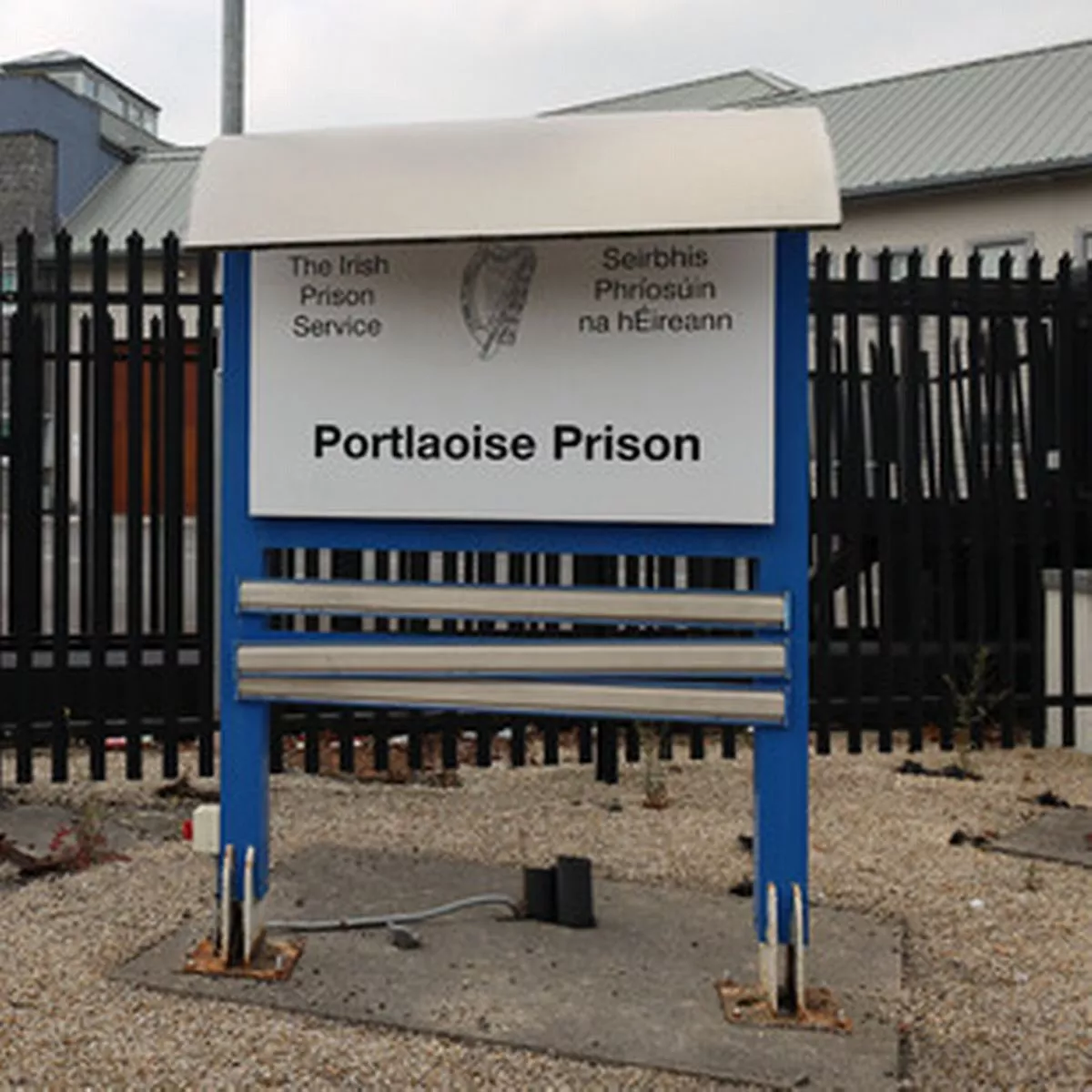IPRT Declares Worsening Of Drug Problem Due To Prison Overcrowding

Irish Penal Reform Trust (IPRT) is worried about the drug problem that is worsening in prisons due to overcrowding. IPRT said that after the hospitalisation of 11 prisoners at Midlands Prison was taken notice of, the drug problem is now one of the serious issues in prisons.
Due to a suspected overdose, the incident took place three weeks ago followed by the Irish Prison Services for an alert of an urgent drug problem in all the prisons. The alert was made due to the detection of nitazine, which can cause death by overdose.
(Also read: Plan for Judges to Recommend Minimum Terms When Imposing Life Sentences in Ireland)
A serious incident took place yesterday afternoon at Midlands Prison when several prisoners were standing in front of the prison officer with suspected overdoses. As the evening passed, more cases became evident with severe illness.
IPRT now confirmed that after news came from Midlands Regional Hospital, it is known that three prisoners are in intensive care while the remaining eight are in stable condition now.
Irish Prison Service informed that “we are committed to preventing the access of contraband including drugs into prisons and continues to be a high priority for the Irish Prison Service”.
Steps taken to address the issue after IPRT raised the alarm
The Irish Prison Service has increased its staff to keep a check on the inmates with intelligence-led cell searches daily and regularly. Moreover, the Canine Unit conducts the same strict search around the prison which includes checking of deliveries coming into the prison.
Irish Prison Service (IPS) took the responsibility for keeping a strict eye on the prevention of contraband entering the prison walls as this is a routine at “both local and national levels”. In association with An Garda Síochána and the Operational Support Group, the sharing of intelligence had enabled them to carry out these searches with an ultimate capture of contraband, said IPS.
IPS told the authorities that it is working closely with the Health Service Executive and keeps extra naloxone kits if any medical intervention is needed at the prison. The said kits are used for curbing down the effects of drugs and temporarily reverse the effects transpiring from opioid drugs.
Such an emergency situation has become a dire need of time in the prisons since three weeks ago, a drug alert was issued in the jails by IPS when HSE National Drug Treatment Centre Laboratory indicated signs of the presence of nitazine-type drugs within the walls.
IPRT’s Executive Director, Saoirse Brady confessed that prison overcrowding has become a problem for drug overuse. She said that till yesterday, the poison capacity rose to almost 112 per cent, which is 5,016 jailbirds in all the prisons. Just in Portlaoise, it was 107 per cent 24 hours ago.
Miss Brady knows that the main problem is the addiction to drugs and the non-existent support for such prisoners when they are in confinement. She said, “Drug use in prison does happen and a zero-tolerance approach doesn’t always work”.
She emphasised that if there is a health-led approach in a normal community, there should be one in prison as prisoners are humans from common society. Security considerations need to be implanted for substance misuse so that health-related problems and aggravation of drug problems due to overcrowding could both be dealt with simultaneously, she argued.
In addition, the Irish Prison Officers’ Association confirmed that yesterday’s incident was one of the most serious ones that have happened in the history of Irish prisons, despite many others occurring in the past three weeks.
POA Deputy General Secretary, Gabriel Keavney proclaimed that regardless of raising the issue of overcrowding in several previous conferences, the issue has been ignored by higher authorities. He said that it’s high time that the Minister of Justice take prompt action so that an incident in Portlaoise could be avoided in any other prison, which has now become an “inevitable consequence”.
LATEST NEWS
DISCOVER MORE






